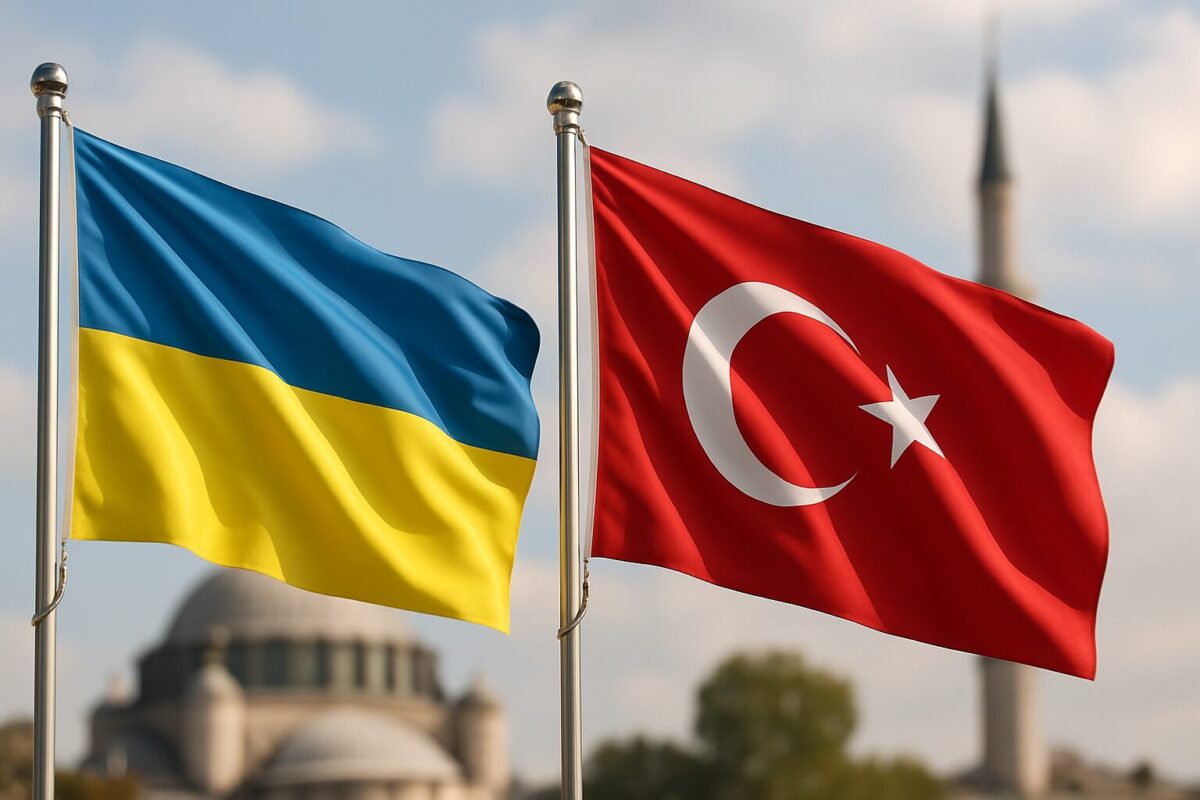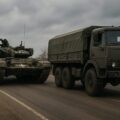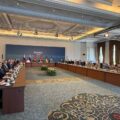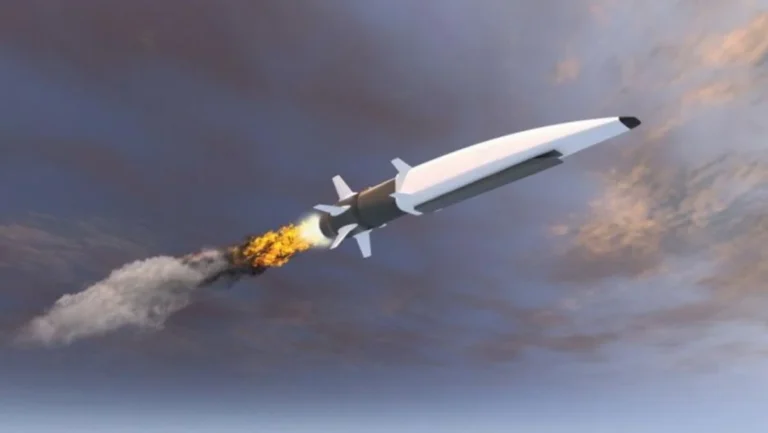
Third Round of Ukraine–Russia Talks in Istanbul: What the Kremlin's Statements Really Mean
Discussions of possible negotiations between Ukraine and Russia continue to resurface in the media. The latest wave followed statements from Russian Foreign Ministry spokesperson Maria Zakharova, who claimed a third round of talks in Istanbul was being planned. The announcement caused a stir. But before celebrating or worrying, let’s break it down: what is this format really about, what’s actually happening, and does it make any sense for Ukraine?
What Russia Said
The Russian side officially announced that it is ready for a new round of talks in Istanbul after June 22. The planned event is presented as a technical meeting to discuss “comments” on earlier-submitted memoranda by both sides.
On the surface, it appears to be a continuation of previous dialogues. But let’s be clear: this is not about a peace agreement, a ceasefire, or any territorial discussions. At best, it’s a narrow conversation on humanitarian topics — such as the exchange of prisoners of war and the return of fallen soldiers’ bodies.
Ukraine’s Response
Official Kyiv has not confirmed its participation in the so-called third round. In fact, no Ukrainian government institution has publicly mentioned a date or agenda. However, sources suggest Ukraine is not ruling out participation if — and only if — the talks strictly concern humanitarian issues, without legitimizing Russia as an equal party.
The message from the Ukrainian authorities is unambiguous: no compromise at the expense of sovereignty. Any discussion with Moscow must happen through mediation — from Turkey or the UN, for example — and only on specific, well-defined terms, like POW exchanges.
What Happened in Previous Rounds
While largely behind closed doors, the earlier two meetings did produce tangible results:
- More than 6,000 bodies of fallen Ukrainian soldiers were repatriated;
- Exchanges of wounded prisoners and minors were carried out;
- Several communication channels were opened through Turkey, the UAE, and the UN.
These were technical talks — not political negotiations. And it’s crucial to draw that distinction: discussions on humanitarian matters are not the same as peace talks.
Will the Third Round Happen?
It likely will. Russia has publicly stated multiple times that it’s ready to meet in Istanbul after June 22. Both Kremlin spokesperson Dmitry Peskov and Maria Zakharova have made statements to that effect. But the format will remain technical, with no top officials involved.
Moscow’s real goal is to stage a narrative: Ukraine is talking, therefore sanctions are unnecessary, and Western support is outdated. It’s a media strategy, not a genuine conflict resolution process.
What Russia Really Wants
While publicly claiming readiness for dialogue, Russia is simultaneously:
- Bombing Kyiv, Kharkiv, Odesa, and Dnipro;
- Trying to advance on the Donbas front;
- Blocking humanitarian efforts in occupied territories;
- Using talks as a pretext to push for sanctions relief.
This isn’t about peace. It’s about buying time and softening international pressure.
What This Means for Ukraine
- Russia’s public statements can’t be trusted — none of its past commitments have been fully honored.
- Ukraine may join technical consultations, but with no concessions and no recognition of Russia as an equal negotiator.
- The focus should remain on security guarantees, returning POWs, and holding Russia accountable.
These so-called “third talks” in Istanbul aren’t about peace. They’re about leverage. For Russia — it’s an information campaign. For Ukraine — it’s a narrow chance to bring our people home.
We must remember: no dialogue matters without trust or outcomes.
The world must not forget who the aggressor is.
And we must not allow it to.
Because peace is not about words. It’s about accountability. And it only becomes real when the aggressor is defeated.














